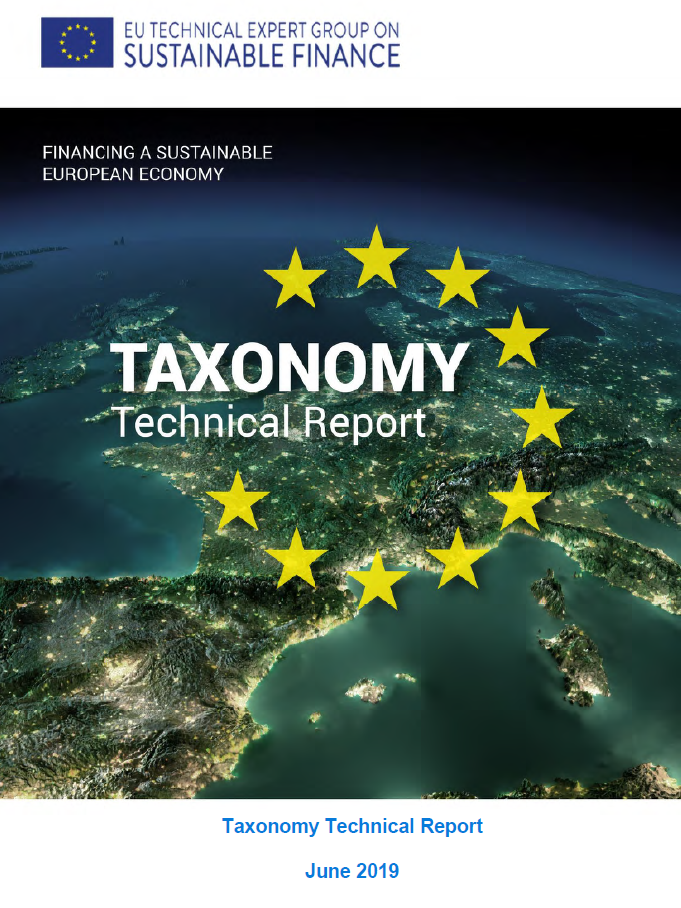Bild von Gerd Altmann auf Pixabay
With the European Green Deal, the EU wants to become climate neutral by 2050. To achieve this, we must decarbonize our energy systems and economies. This effort requires investments in sustainable economic and financial activities. An important building block is the EU Taxonomy Regulation, which aims to channel money flows into green projects, technologies, and processes. The policy does so by classifying what is environmentally sustainable and what is not, thereby providing transparency for investors.
The Taxonomy’s mechanism is, however, highly technical. For instance, to be classified as environmentally sustainable, the activity must serve at least one of these six environmental objectives and must not contradict any of them:
- climate change mitigation,
- adaptation to climate change,
- sustainable use and protection of water and marine resources,
- transition to a circular economy,
- pollution prevention and control, and
- protection and restoration of biodiversity and ecosystems.
In addition, social safeguards and certain metrics and benchmarks must be met. As a living document, the regulatory policy must be reviewed every three years and extended to include further economic activities or adjust its operational requirements.
In this project, Ecologic Institute critically accompanies this design process, prepares keynotes and fosters exchange between stakeholders from politics, industry, academia, and civil society. In two podcasts, one webinar and a dinner dialogue, Ecologic Institute promotes political discourse and the possibility to discuss issues relevant to the Taxonomy and climate protection.
The project is funded by the Stiftung Mercator.




